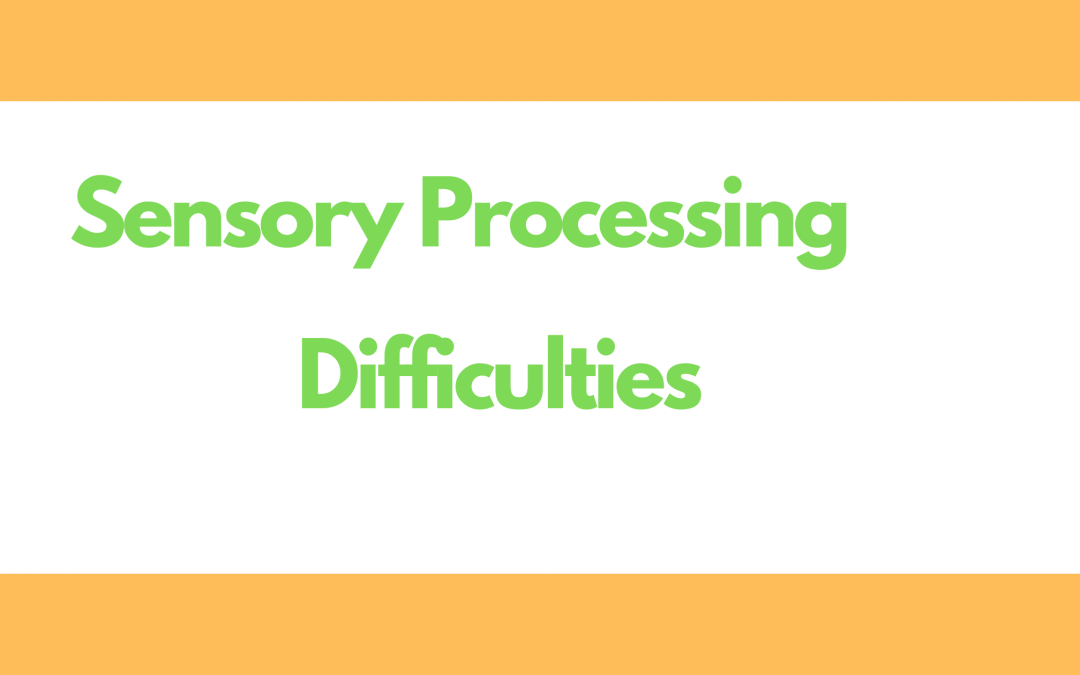Sensory Integration Difficulties
What is Sensory Integration?
Sensory integration difficulties happen when the brain does not properly perceive and interpret information received from the environment. The brain receives information from the body and the environment through the eight senses and then organizes and interprets it accordingly. The following are the eight body senses:
- Touch
- Hearing
- Sight
- Smell
- Taste
- Interception
- Vestibular
- Proprioception
Some people may find it difficult to receive and respond appropriately to all the information that comes through their senses. Sensory integration difficulty in a child can show itself in different ways. Therefore, each child might have a unique way of responding to sensory input that may not be common to every child.
Children with sensory integration difficulties may be hypersensitive (sensory avoidance), hyposensitive (sensory seeking), or a combination of both when reacting to different sensations. These difficulties can interfere with the normal activities of a child hence they should be addressed promptly.
Common signs of sensory integration difficulties:
Hypersensitivities to sensory input may include:
- Fear of sudden loud noise that may not be offensive to others
- Background noises that others seem not to be aware of might be extremely distracting to them
- Does not like surprise touches, avoids being hugged or cuddled even with familiar adults
- Extremely fearful of playground equipment such as swings and slides
- Fearful of feet being off the ground hence avoids activities that involve climbing
- Dislikes getting hands dirty
- Has poor balance and tends to fall easily
-
Hypo sensitivities to sensory input may include:
- High tolerance to pain
- Tends to be clumsy in movement
- Often harms others during play
- Unable to sit still, enjoys constant movement like rocking and spinning
- Likes exciting activities that may involve physical risk, which is sometimes dangerous.
A child with sensory processing difficulties can still enjoy daily activities by getting help from an occupational therapist who can assess the child and recommend ways to ensure they are comfortable both in school and at home.
